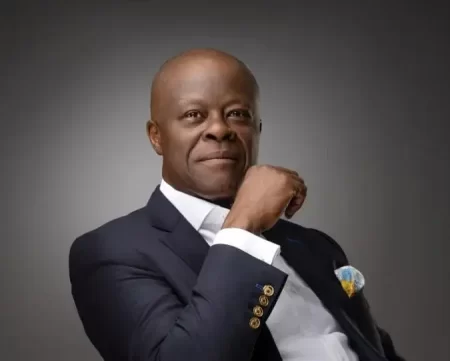23 October2012, Sweetcrude, LAGOS – THREE legal challenges against the Royal Dutch Shell for pollution charges in Nigeria’s Niger Delta could set precedents for how multinational companies are sued for environmental damages in developing countries.
All three inquiries – in the UK, the Netherlands and the US – are being judged in countries other than the one in which damages were said to have occurred.
Shell’s trial in the Netherlands, for which evidence was submitted last week, is thought to be the first time a Dutch company has been brought before a home court to answer charges of environmental damage caused abroad.
It is also the first time a parent company has been sued at home over environmental issues involving a subsidiary abroad – SPDC (Shell Petroleum Development Company of Nigeria) over which, Shell argues, it had no involvement.
The trial follows a claim issued against SPDC earlier this year to the UK High Court. And it coincides with a bizarre, early October hearing in the US – which has no legal connection either to the pollution caused or the company – where the Supreme Court heard arguments from lawyers representing the widow of a Nigerian human rights activist hanged in the 1990s after protesting against oil companies.
Lawyers referenced an obscure piece of legislation dating to 1789 which says that if any human rights infringement occurs anywhere in the world, US courts can deal with it. “This dates back at start of US when they thought that US courts should do justice to the world.
“It was a very aspirational idea,” says Jonathan Verschuuren, environmental law expert at the Netherlands’ Tilburg University. The Supreme Court is now examining whether non-US companies can be sued in the US for acts alleged to have occurred outside the US.
These unconventional legal challenges have few precedents. While UK oil trader Trafigura answered a case in the Netherlands for dumping toxic waste in West Africa, the case focused on accusations that Trafigura first attempted to offload the waste in Amsterdam, not the impact of its final dumping ground in Ivory Coast.
In all three Shell challenges, claimants are seeking redress in other countries largely because they lack confidence in Nigerian courts. Hundreds of legal cases are brought by victims of oil pollution each year but many become “stranded in the inefficient and corrupt Nigerian legal system” says Friends of the Earth Netherlands. Their statement goes on: “Furthermore, the verdicts are often not or inadequately carried out and the damages awarded – if they are paid – are far from sufficient” .
Shell’s UK spokesperson Jonathan French told beyondbrics: “That’s an issue for the Nigerian legal system to answer”. But Evert Hassink, senior campaigner for Friends of the Earth Netherlands, said: “We have more confidence in the Dutch system”. And Dutch courts argue they have competence in the trial.
Another reason for heading to the Netherlands is that claimants are adamant that Shell’s headquarters be held accountable for the actions of subsidiaries. “It’s not about whether the headquarters know every detail,” says Hassink.
“It is about whether senior managers and executives of a well-organised international company were aware of the problem and were able to instruct their company”.
Shell, for its part, argues that SPDC was a separate company (albeit a wholly owned subsidiary) and the parent company had no involvement in the issues. It has also claimed to have cleaned up the spills in question, which it says were caused by theft and sabotage of pipelines.
Depending on the outcome – due to be announced in January next year – the Netherlands trial could be “a really important case,” says Professor Verschuuren. “If [the claimants] are successful, it is a big step in cases where western multinationals commit acts that cause pollution. Up until now, you had to go through a developing country’s courts”.
Hessink agrees. “When it’s clear that this is a possibility, many others from Nigeria, or other countries that have issues with Dutch or European companies, can take this route,” he says. But, he goes on, “I don’t expect hundreds of these cases to come about because it’s quite difficult for people from developing countries to take a case like this to Europe. It is only possible if people do that with the help of an NGO”. He expects “only the worst cases” to come to European courts.




